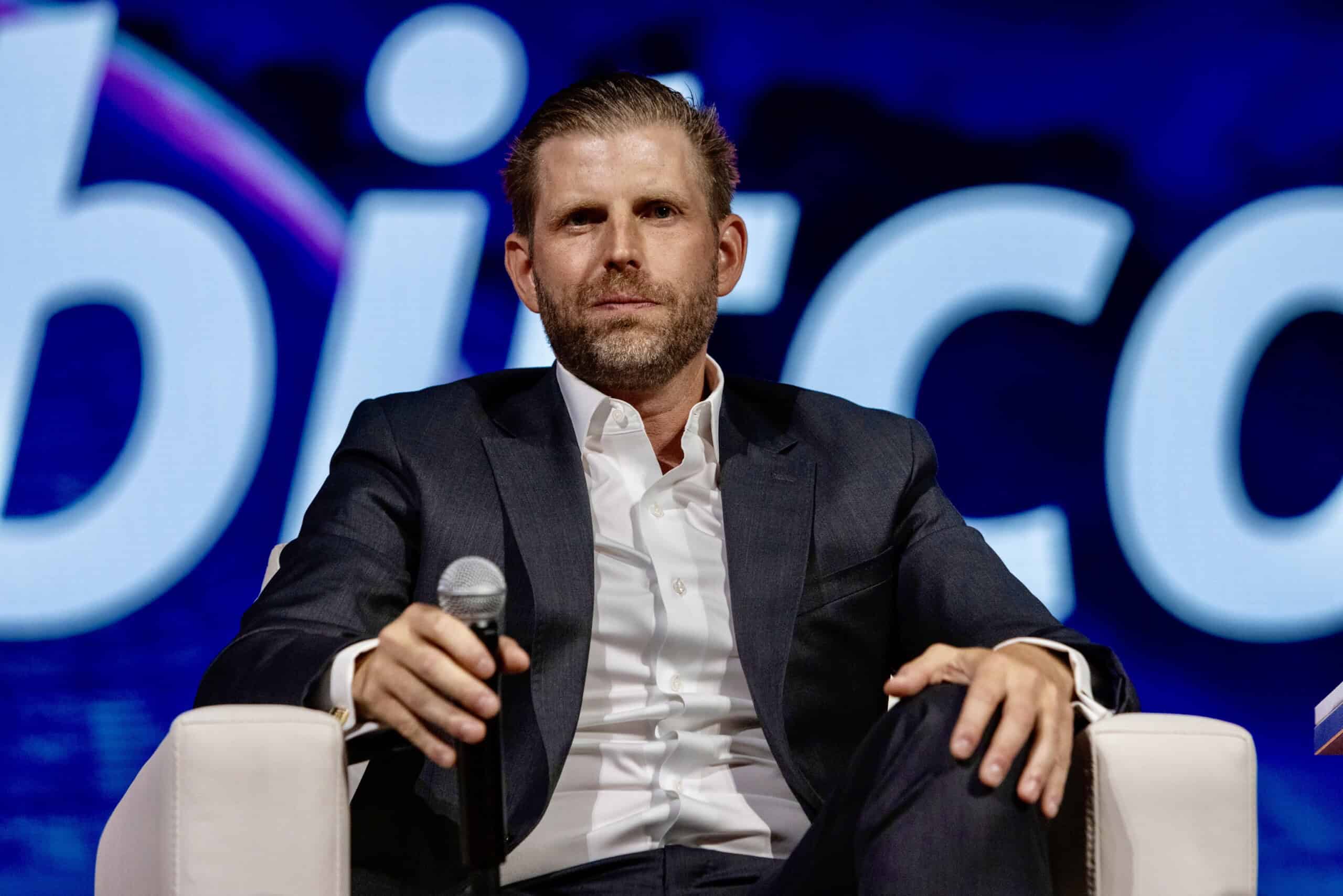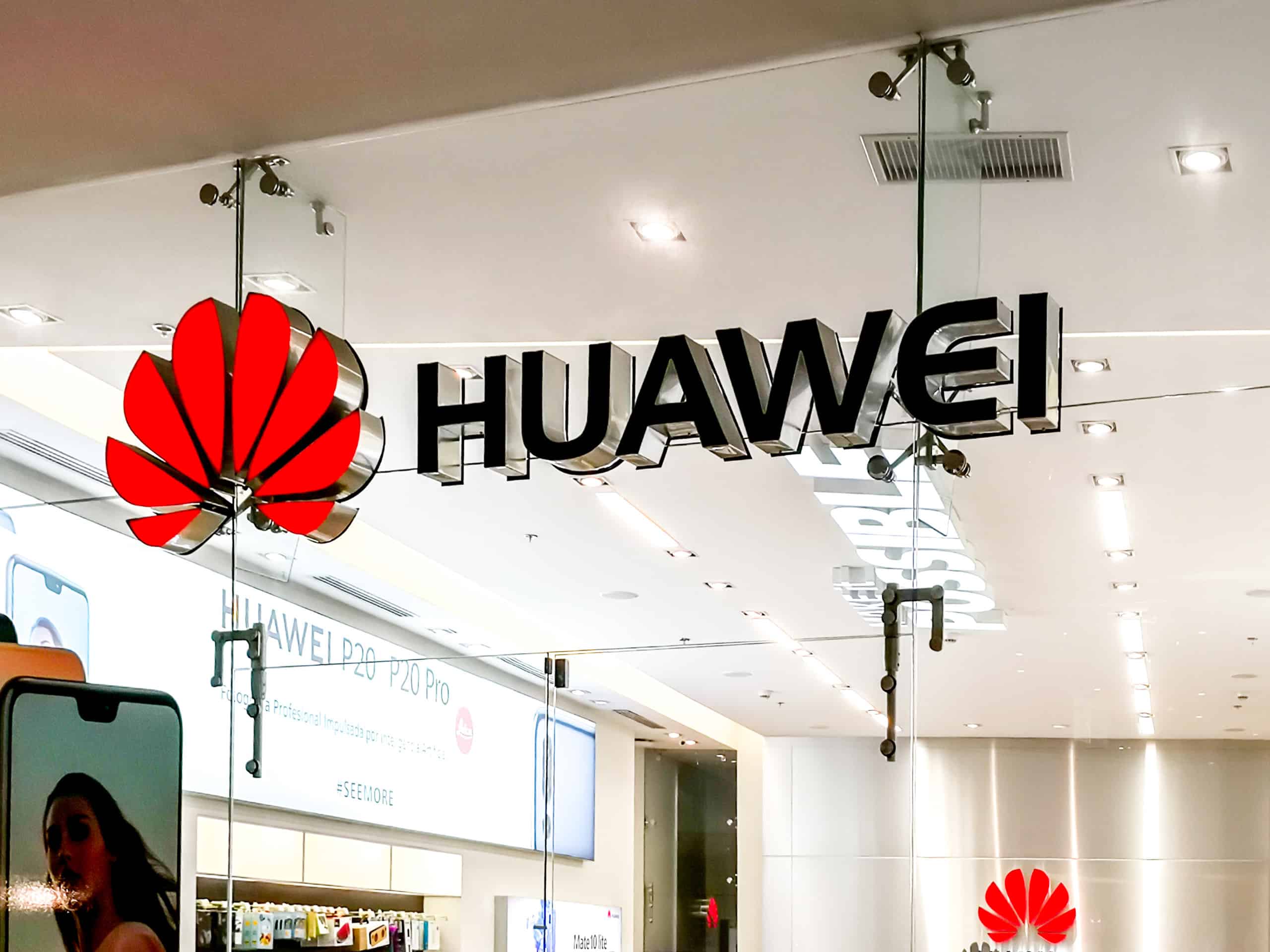Isabella M. Weber is political economist, an assistant professor of economics at the University of Massachusetts, Amherst as well as the author of a highly acclaimed book, How China Escaped Shock Therapy: The Market Reform Debate (Routledge). Her book, which has won plaudits from Martin Wolf of the Financial Times, the historian Adam Tooze and Harvard's renowned political economist and China expert Dwight Perkins, details the discussions that shaped China's historic reforms of the 1980
Navigate China's Business Landscape with Confidence.
- Gain visibility into supplier risks
- Easily manage trade compliance
- Conduct in-depth due diligence



